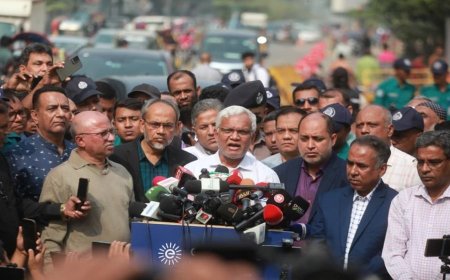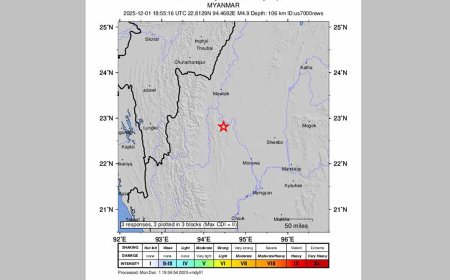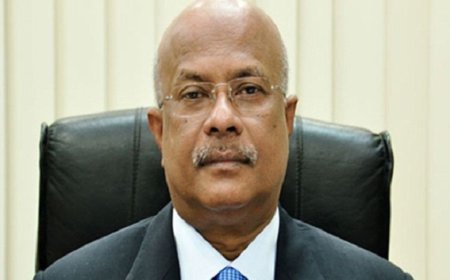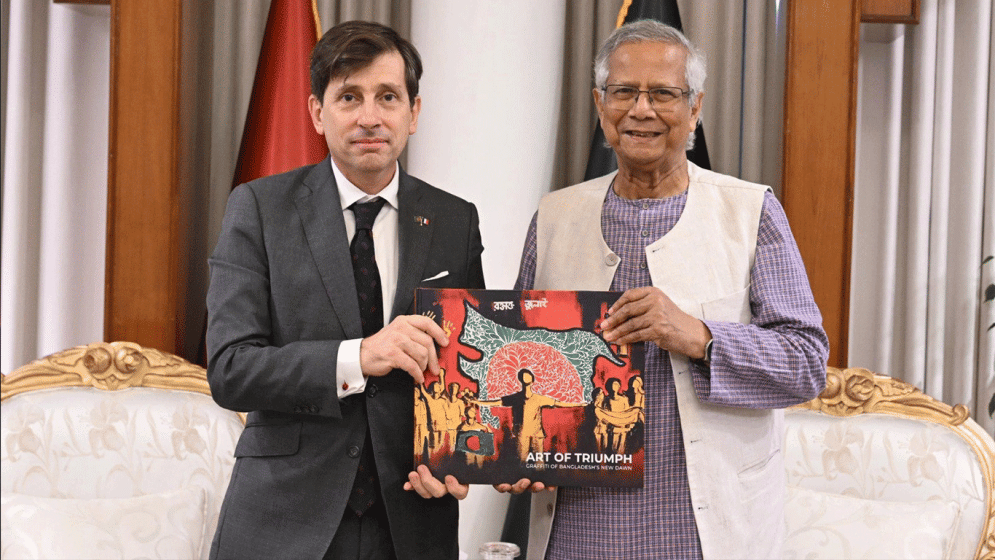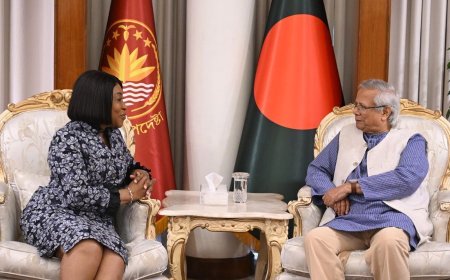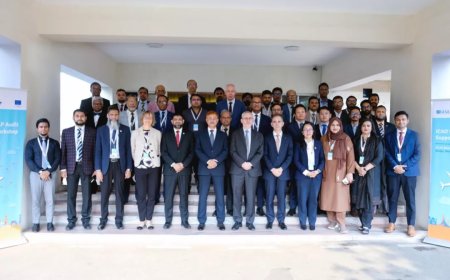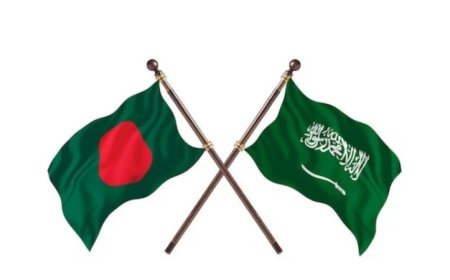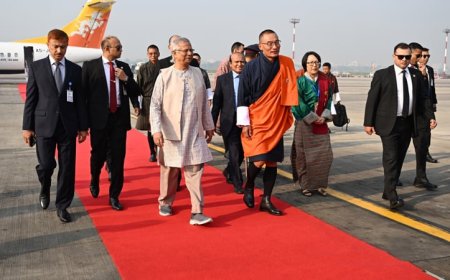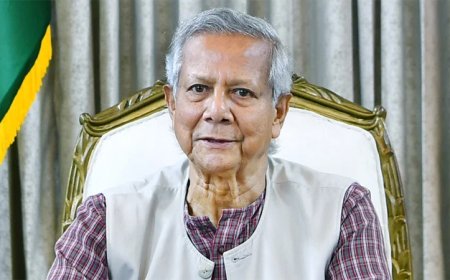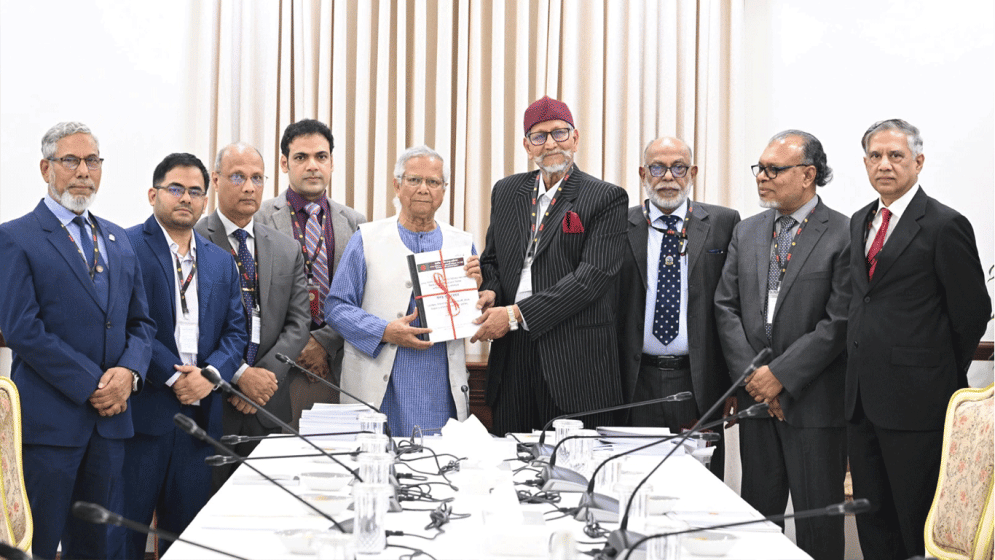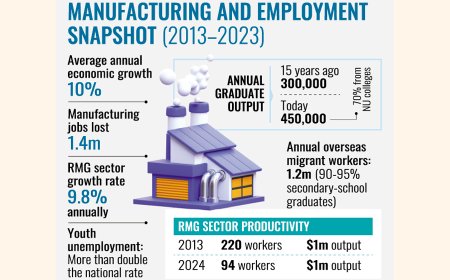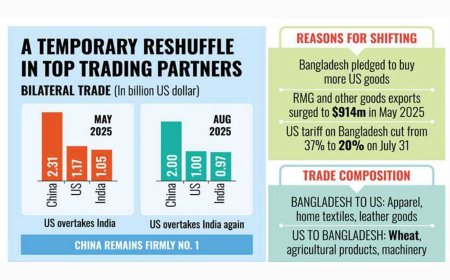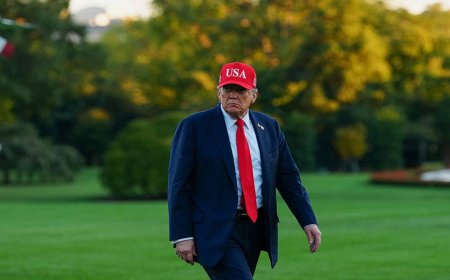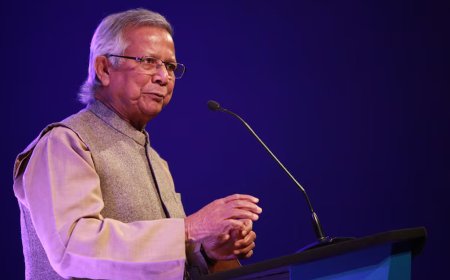Saudi Aramco eager to establish an oil refinery in Bangladesh: Ambassador
Saudi Aramco eager to establish an oil refinery in Bangladesh: Ambassador
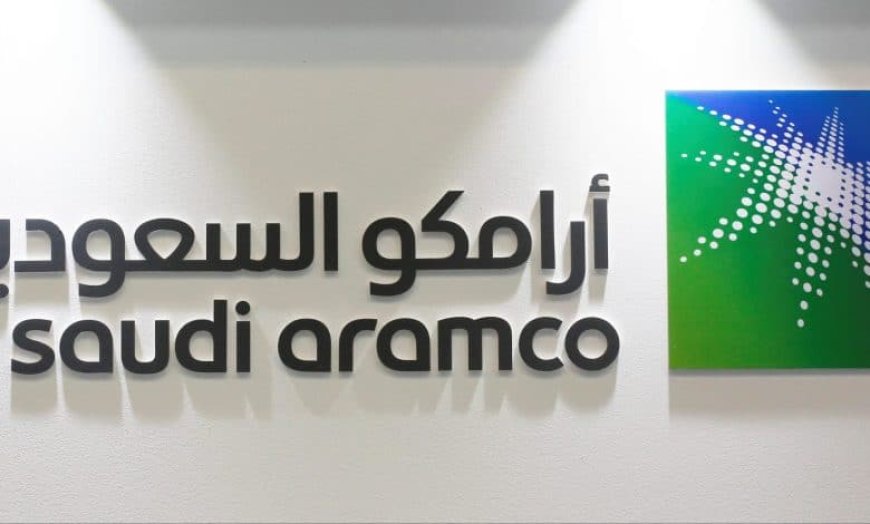
Saudi Arabia’s state-owned oil giant, Aramco, has shown interest in establishing an oil refinery in Bangladesh, a move that could have a significant impact on the Bay of Bengal region, said Saudi Ambassador Essa Youssef Essa Al Duhailan. "We are talking about Aramco, the world’s largest oil company. They are keen on coming to Bangladesh to set up a refinery here," he added.
The ambassador made these comments during the launch of a report titled "Enhancing Saudi-Bangladesh Economic Engagement: Trends, Key Challenges & Long-Term Growth Prospects" at the foreign ministry today. He emphasized that the proposed refinery would help meet Bangladesh’s increasing demand for petroleum products and could serve the broader regional market, bringing transformative changes to the energy sector.
“If a maritime route is established between Chattogram and Jeddah or Dammam, it could bring transformative changes to Bangladesh and the region,” he noted. The refinery’s products could also be exported to neighboring countries like China and India. He also mentioned that their international company, Red Sea Gateway Terminal, operates the Patenga terminal and is interested in working at the Matarbari deep-sea port.
The ambassador recalled that Aramco had sent high-level delegations to Bangladesh three times between 2016 and 2018, but no one had received them. "But we will not focus on the past; we are focused on the future," he said.
The report’s launch event was hosted by the foreign ministry, with Finance and Science and Technology Adviser Dr. Salehuddin Ahmed as the chief guest, Foreign Affairs Adviser Md. Touhid Hossain as the special guest, and Foreign Secretary Md. Jashim Uddin presiding. Dr. Md. Nazrul Islam, Secretary (East) of the foreign ministry, delivered the welcome address, and Policy Exchange Chairman Masrur Riaz presented the report’s key points.
Describing Bangladesh-Saudi Arabia relations as multidimensional, the Saudi envoy emphasized that the two countries have never said no to each other. He stressed the importance of political and economic engagement moving in tandem for greater cooperation. "We have unique relations and many success stories," he added, calling for deeper collaboration in trade, investment, culture, tourism, and other sectors.
The ambassador noted that Bangladesh is a fertile ground for investment, both for Saudi companies and global enterprises. He highlighted that ACWA Power, the world’s largest renewable energy company, is willing to invest approximately $3.5 billion in Bangladesh.
He also pointed out that Bangladesh is undergoing significant reforms and emphasized that improving government procedures is key to attracting investment. However, he acknowledged the challenges posed by bureaucratic delays, which often result in processes getting stuck in the Prime Minister’s Office or various ministries. "Some individuals prioritize their own interests over the country's," he said, adding that such issues pose a challenge for any nation. He affirmed that they maintain a zero-tolerance policy toward corruption and such barriers.
The report, prepared by the foreign ministry, examines the various dimensions of the Bangladesh-Saudi Arabia partnership, assessing both the current state and potential for future economic collaboration. It highlights opportunities to boost Bangladesh's exports to Saudi Arabia and explores the benefits of Saudi imports for Bangladesh’s economy. The report also identifies key sectors in both countries that offer significant promise for mutual investment, stressing the potential for increased bilateral trade and investment.
While challenges exist, the report provides strategic recommendations to overcome them, aiming to elevate the economic partnership to new levels. It serves as a comprehensive guide for policymakers, businesses, and investors in both countries, offering insights into how Bangladesh and Saudi Arabia can strengthen their economic ties for mutual benefit.
What's Your Reaction?







